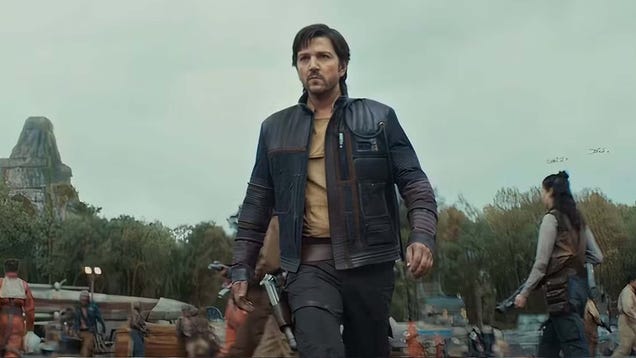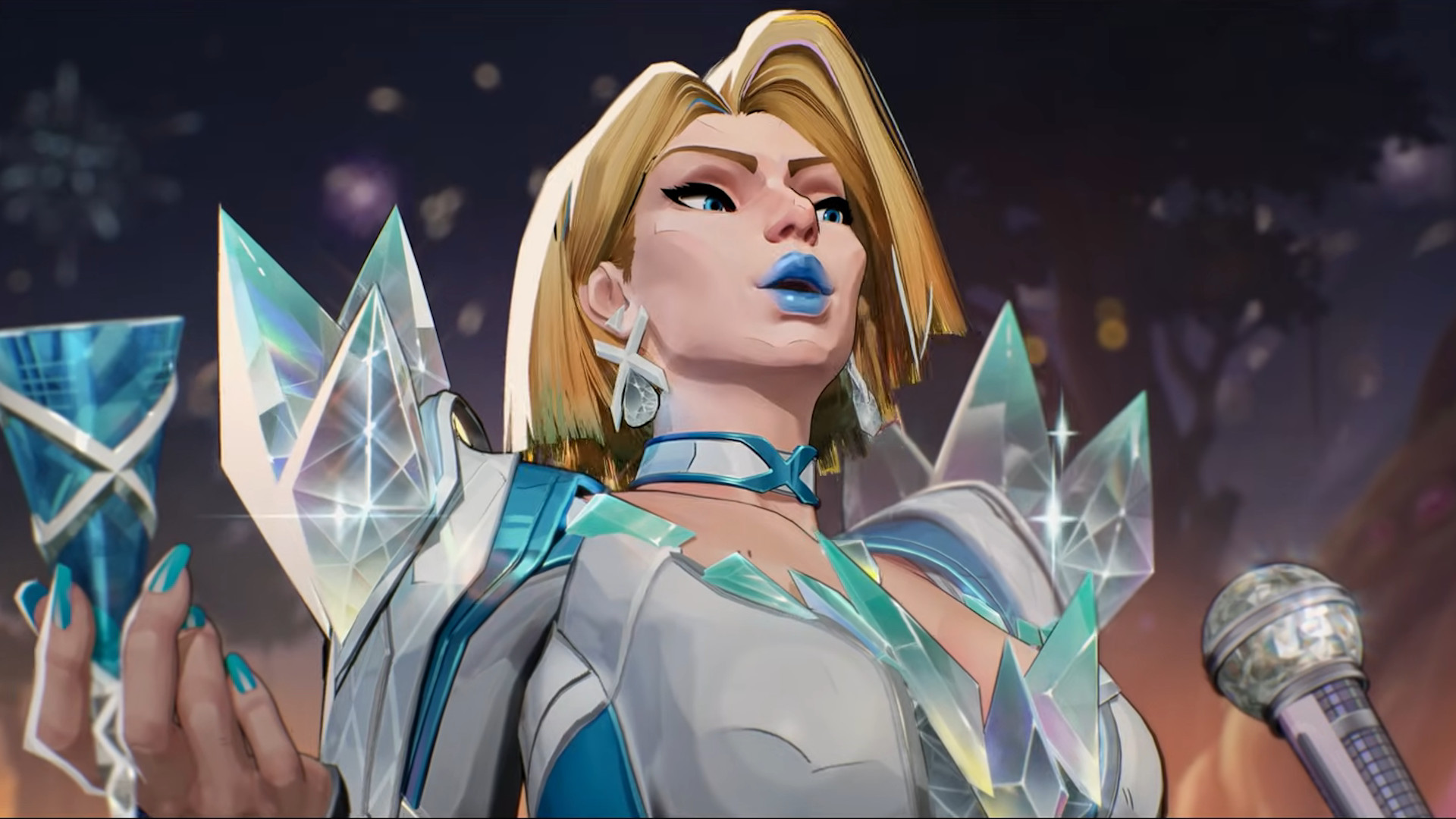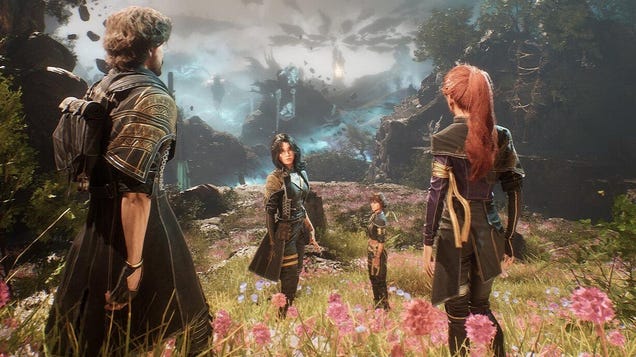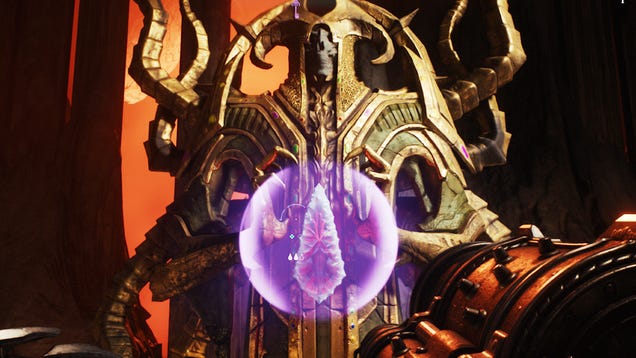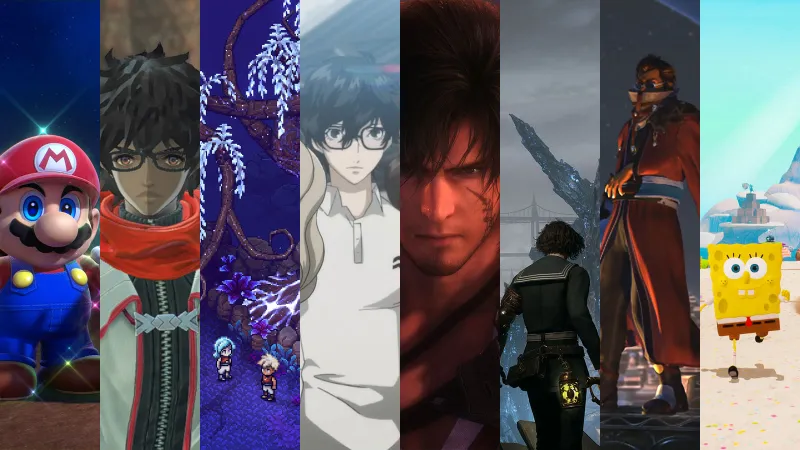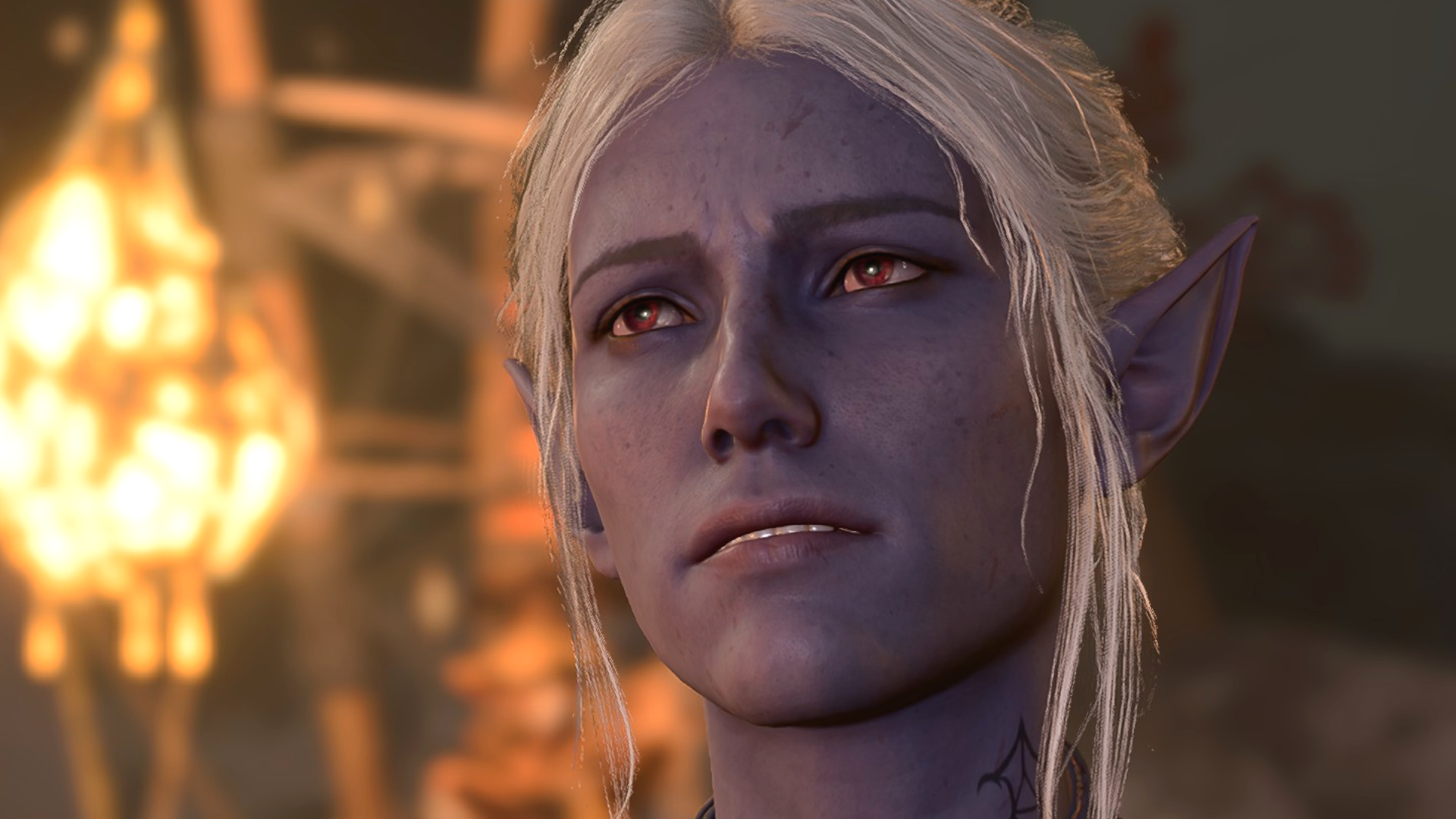
At a special showcase for members of the press at Bandai Namco Entertainment in Tokyo, Japan, I had a chance to play an early build of Tekken 8. While renowned director Katsuhiro Harada’s latest sequel will launch with 32 characters, only 16 were available during this meeting. The roster included a blend of old and new faces, including long-established stars like Paul Phoenix and Jin Kazama alongside more recent creations like Claudio Serafino and Lars Alexandersson. However, series producer Michael Murray stated that all Tekken 8 models have been redesigned from scratch, befitting the transition from the Unreal Engine 4 to Unreal Engine 5.
With a series that celebrates its 30th anniversary next year, Tekken walks a tricky line. The 3D fighter has built up a fan base all over the world over three decades, but the franchise necessarily needs new blood to remain competitive. Tekken 8 will try to satisfy both crowds with dual control options: Arcade style retains the classic four-button attack scheme—one input per limb—while Special style lets players execute command moves and complex combos with simple button presses. Murray emphasized the importance and flexibility of Special style, acknowledging that other long-running fighting games have introduced similar systems. “Ours, you can turn on or off in the middle of a match any time you want,” he said.
New to Tekken 8, players using Special style can combine buttons and single directional inputs to activate more moves than seen in Tekken 7. The on-screen user interface has also improved; Tekken 7 included a guide telling players which buttons triggered which move, but used the given name for these attacks, which a new player might not understand. Tekken 8’s Special mode actually describes what type of attack each button performs – it’s a handy shortcut to give everyone a quicker sense of how moves work and flow together.
Even with this expanded repertoire, Murray noted that Special mode will remain “simple and accessible” but “limiting,” as it cannot compare with the classic Arcade inputs when it comes to player freedom. His hope is that new players can use Special style to lower the barrier of entry and, once they grasp the basics, they will feel motivated to graduate to the traditional Arcade style.
As a lapsed Tekken player, I could see exactly what he meant. In my time with Tekken 8, Special style certainly helped refresh my fundamentals and offered a shortcut to create long combos with every character, regardless of my previous experience. When I built up enough meter, tapping just one button enough times automatically tacked a devastating Rage Art onto the end of my combos. When combined with Tekken 8’s new Heat system that rewards aggressive play, every round has a palpable sense of speed and power. No matter who holds the lead, either player can grab the upper hand with the right choice at the right time. Even though we played best-of-five matches, our battles flew by at a best-of-three pace.
Every round has a palpable sense of speed and power.
Of course, Tekken 8’s flashy, lengthy combos represent a double-edged sword. When I kept the pressure on, I could drive my opponent’s back to the wall and mercilessly pound them into submission. Yet a single slip-up meant they could do the same to me. Few things feel more frustrating than a long Tekken combo where your agency is effectively on-hold as you can do nothing but sit and watch your character twist and bounce in the air for seconds at a time. I found Jack-8, the latest incarnation of the series’ cybernetic brute, particularly vulnerable to endless juggling due to his massive size.
In my short time with Tekken 8, I could already get a sense of what Murray hopes Special style can accomplish. Having a large roster of different fighters, all with their own styles and flair, can easily intimidate an inexperienced player. The uniformity and simplicity of Special style ensured I could pick fighters at random and never feel lost. Yet hammering buttons to produce over-the-top results also robbed me of the satisfaction of having full control over my actions. This nagging sensation can only be remedied through practice and eventually learning the proper Arcade inputs.
Tekken 8 will include a feature designed to help players looking for guidance with the new Arcade Quest mode, one that “holds your hand and shows you how to backdash, how to block, how to do all this stuff,” Murray said. Tekken characters have always sported a lengthy list of moves and combos, so Arcade Quest will aim to demystify that surfeit of information. As Murray described it, newly-revamped menus will tell players, “Okay, you have 100 moves, but these are your five best, and these are the situational ones you need to know.”
Speaking of arcades, we got a glimpse of Tekken 8’s visual lobby system that resembles a glitzy shopping mall, including a virtual arcade called the Battle Area. Players entering the Tekken Fight Lounge will have their own cutesy avatar whom they may customize with clothing and accessories. Avatars may freely run around the lounge and communicate with other avatars via text chat, emotes, or stamps. Should they enter the Battle Area, they can take on opponents in Quick matches for casual play or Ranked battles for more serious competition. Like a real arcade, though, players can opt to spectate other contests to learn more about the game.
Super Ghost Battle records player combat data and, combined with “AI learning,” creates a CPU opponent based on individual habits.
Another intriguing online feature is the Super Ghost Battle, which records player combat data and, combined with “AI learning,” creates a CPU opponent based on individual habits. These Ghosts evolve over time and exist online for other users to challenge even when the actual player is offline. Players can also fight their own ghosts to test their might against themselves.
While we were limited to watching videos of the Tekken Fight Lounge in action, Murray says the Battle Area and Customization Shop will be up and running during the upcoming closed beta test for players on PlayStation 5, Xbox Series X|S, and Steam, running from October 20th through the 23rd. Registration is open now and continues until October 11th.
Tekken 8, launching in January 2024, looks to harness the momentum of Tekken 7’s success while continuing to court new players in an increasingly crowded fighting game marketplace. A closed beta test in October will offer the public a sneak peek at new features designed to do just that. Fans looking for more information about Tekken 8 and the closed beta test should tune in to Tekken Talk Live, a Tokyo Game Show stage event on Saturday, September 23rd at 2pm Japan time. The segment will be livestreamed in both Japanese and English.



